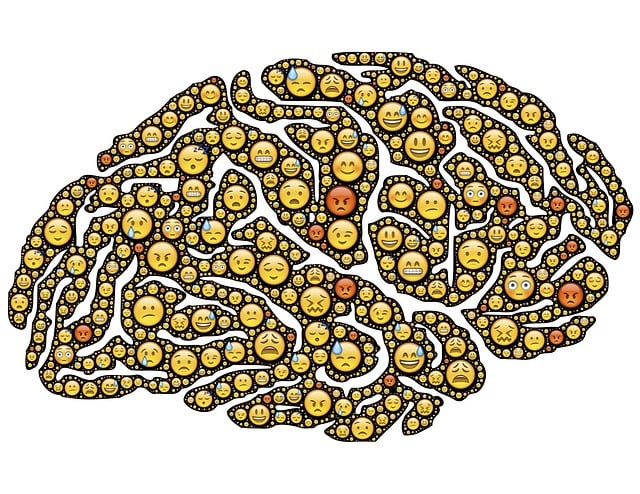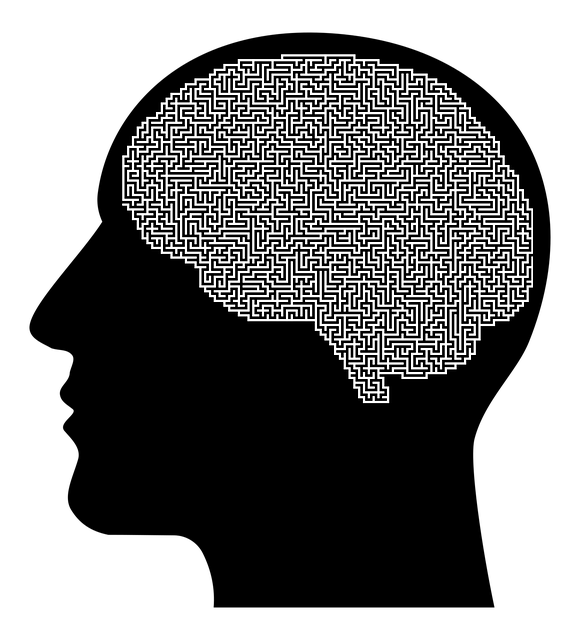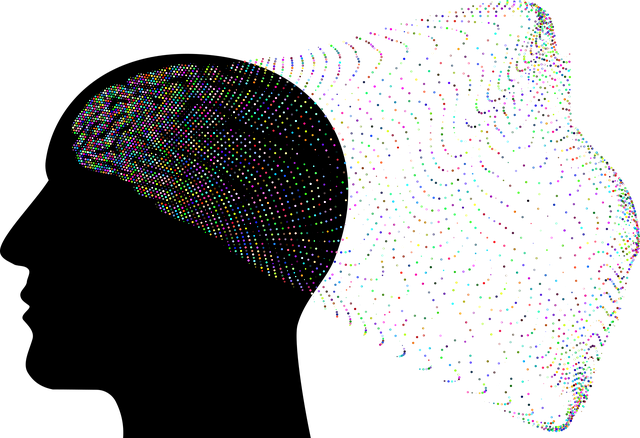In Northglenn, a pioneering initiative tackles postpartum depression (PPD) through tailored therapy programs and community education. The program destigmatizes mental health issues among new parents, incorporating mindfulness meditation and stress reduction techniques to improve well-being. By fostering open dialogue and empowering self-care practices, Northglenn's efforts aim to increase access to care for PPD, reduce stigma, and ultimately enhance overall community mental health.
Mental illness stigma is a significant barrier to treatment, often leading to prolonged suffering. This article explores targeted efforts to reduce this stigma, focusing on strategies like specialized therapy programs, such as Northglenn Postpartum Depression Therapy, and community engagement initiatives.
We delve into the profound impact of stigma on mental health and present effective approaches that foster understanding and empathy. By examining these methods, we aim to contribute to a growing movement towards destigmatization and improved access to care.
- Understanding Stigma and its Impact on Mental Health
- Northglenn Postpartum Depression Therapy: A Targeted Approach
- Community Engagement and Education for Stigma Reduction
Understanding Stigma and its Impact on Mental Health

Stigma surrounding mental health issues can have profound effects on individuals’ willingness to seek help and support. It often manifests as negative attitudes and beliefs about people experiencing conditions like depression, anxiety, or postpartum depression (PPD). In Northglenn communities, efforts to reduce this stigma are crucial for improving access to mental healthcare services. Many struggle in silence due to fear of judgment, which can lead to prolonged suffering and increased isolation.
Understanding the impact of stigma requires recognizing how it perpetuates a culture of secrecy and shame. This can hinder individuals from discussing their experiences openly, even with healthcare professionals. Promoting cultural sensitivity in mental healthcare practices and teaching conflict resolution techniques can foster safer spaces for expression. By addressing these issues, Northglenn residents may feel more empowered to manage their mood and seek the appropriate care, ultimately enhancing overall well-being.
Northglenn Postpartum Depression Therapy: A Targeted Approach

In Northglenn, a dedicated effort has been underway to combat postpartum depression (PPD) through innovative therapy programs tailored specifically for new mothers. This targeted approach recognizes the unique challenges faced by women during this transformative period. By addressing PPD directly, the initiative aims to reduce the pervasive stigma associated with mental health issues in new mothers. The therapy includes evidence-based practices such as mindfulness meditation and stress reduction methods, designed to enhance self-esteem and emotional well-being.
Through these targeted interventions, Northglenn’s postpartum depression therapy offers a supportive environment for women to navigate the complexities of motherhood while prioritizing their mental health. By integrating practices like mindfulness meditation, participants gain valuable tools to manage stress and cultivate resilience. Ultimately, this focused initiative not only alleviates symptoms of PPD but also fosters a culture of open dialogue and destigmatization around maternal mental health.
Community Engagement and Education for Stigma Reduction

Community engagement and education play a pivotal role in reducing the stigma surrounding mental health issues, especially when it comes to conditions like postpartum depression (PPD). In Northglenn, local initiatives focus on raising awareness through interactive workshops, community talks, and peer support groups. These efforts aim to dispel myths about PPD, emphasizing that it’s a common and treatable condition rather than a sign of personal weakness. By fostering open dialogues, residents can better understand the challenges faced by individuals with mental health disorders, leading to increased empathy and support.
Integrating self-care practices into these education programs is another effective strategy. Encouraging expectant mothers and new parents to prioritize their well-being through activities like mindfulness meditation and developing a consistent self-care routine can significantly contribute to preventing or managing PPD. These practices not only enhance resilience but also empower individuals to take charge of their mental health, reducing the impact of societal stigma.
Mental illness stigma, particularly postpartum depression in Northglenn, significantly impacts individuals’ willingness to seek help. However, through targeted approaches like specialized therapy programs and community engagement initiatives, progress is being made. The success of Northglenn Postpartum Depression Therapy demonstrates the power of focused interventions. Continued education and open dialogue are essential to further reduce stigma, ensuring that more people feel comfortable accessing mental health support when needed.











